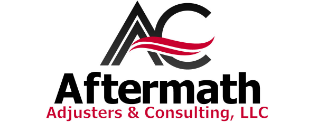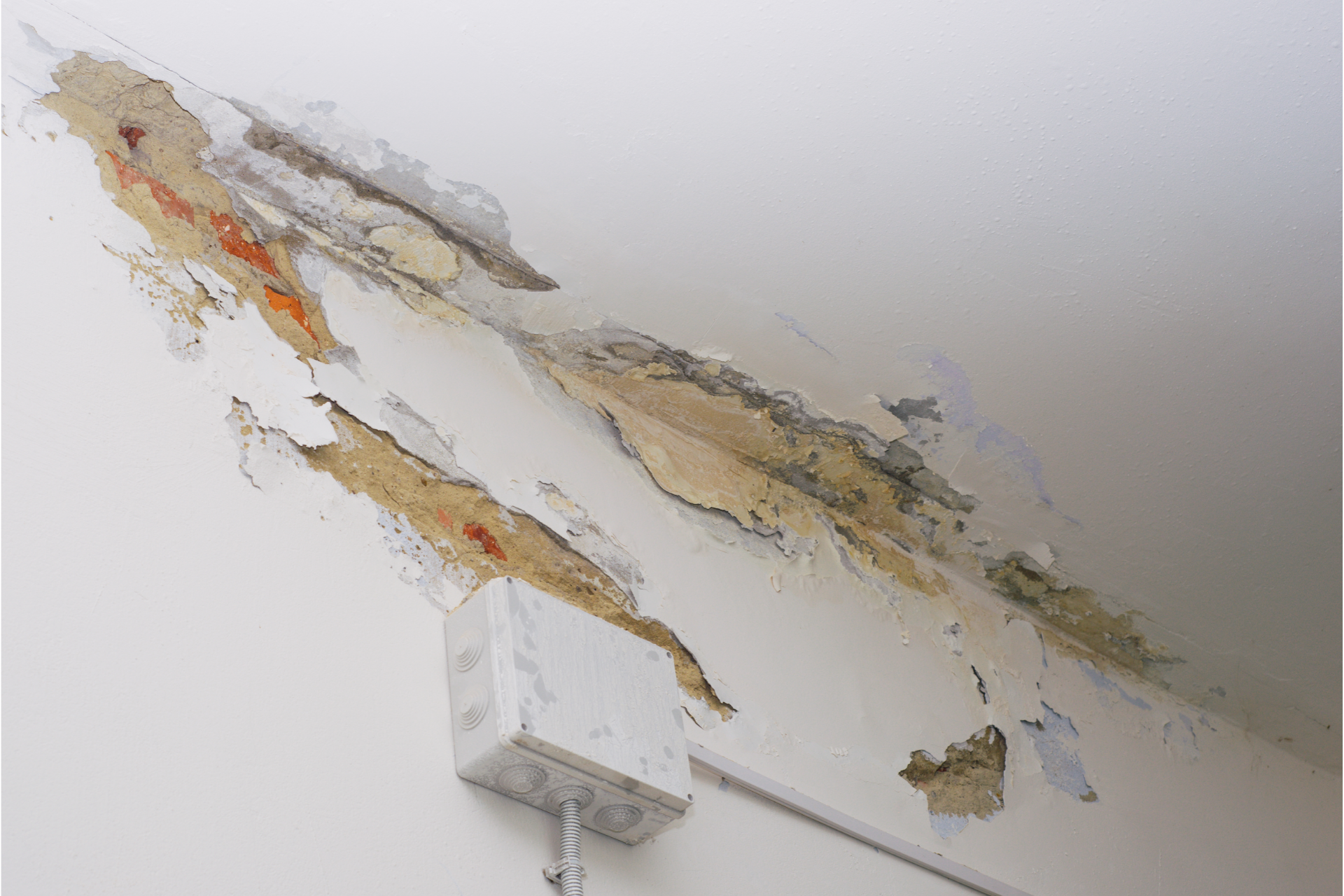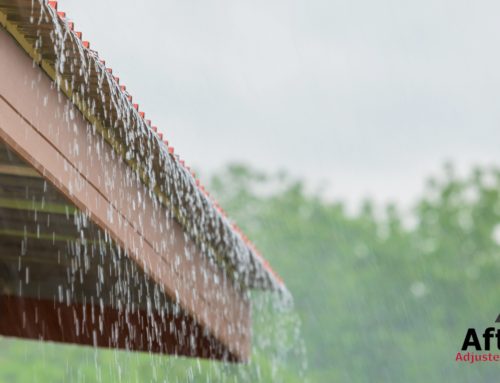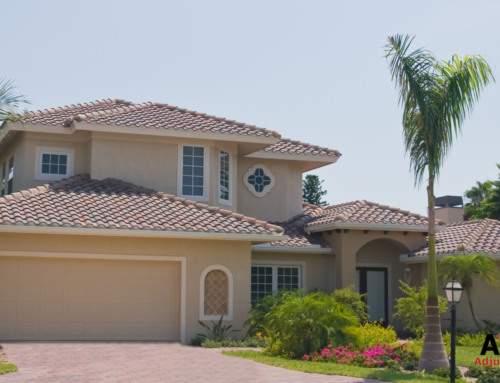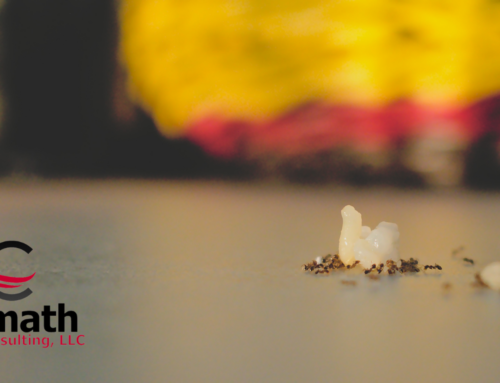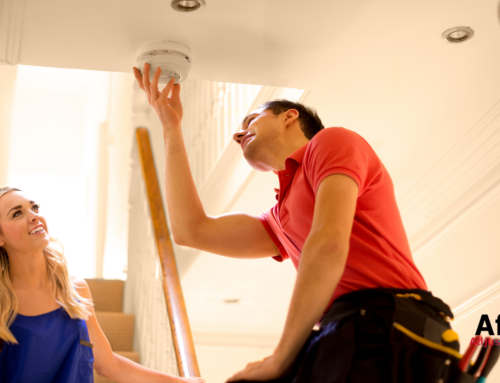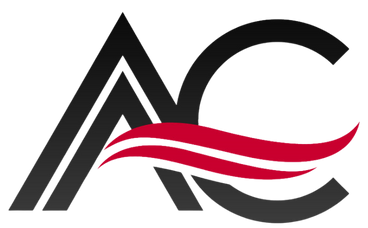Did you know that water damage is a very common type of property damage? It’s true. Whether it’s from broken pipes or shower leaks or leaky AC piping, Florida homeowners suffer with this issue. But what do you do if the water damage isn’t coming from your property? What if you own a condo, and the water damage is coming from a unit above?
Here’s what you need to know!
Find the Source
You wake up one morning and find water seeping down your wall and filling up the light fixtures in the kitchen. The water is obviously coming in from upstairs. Therefore, the first thing you need to do is contact your upstairs neighbor as quickly as possible. If they can locate the source easily, then you can avoid:
- Extensive water damage to the condo unit
- Water damage to personal belongings
- Mold issues
Prevent Further Damage
The next step is to mitigate further damage as much as possible. Both you and the owner of the condo above you should:
- Remove standing water: Water left to pool results in mold issues. Remember, do not use a dry vac to remove water. Only use equipment meant for liquid removal.
- Shut off breakers: Turn off any breakers in the areas that are wet so you can remove anything electrical from the area. Caution: Do not use electrical appliances on wet carpets or surfaces. It is best to have a professional with professional grade equipment remove water to avoid electrocution.
- Remove personal belongings and valuables: Remove furniture, electronics, clothing, and other personal belongings from wet areas to prevent further damage.
- Pick up wet items: Remove wet items after taking photos or video of the damage. Be sure not to leave wet paper or fabric in piles. This can lead to mold.
Determine the Responsible Party
You determine that the water is coming from the dishwasher in the condo above you. But who should file the claim? You? The upstairs neighbor? The condo association? It depends!
The condo insurance law in Florida (Florida Statute Section 718.111(11)) deals with insurance policies for condos. This law specifically states that the condo association must repair condo property insured by the association that is damaged by a covered peril. But it also says that the coverage excludes personal property within the unit, including appliances, water heaters, water filters, etc that are within the unit and serve the unit. For such issues, the unit owner bears responsibility.
So, is the dishwasher an association problem or the condo owner problem? Or perhaps, it is still yours?
As you can see, this is not easy to determine. You’ll need to sort it out with your insurance, your neighbor’s insurance, and the condo insurance. And you might want to call in some help of your own – a public adjuster like Aftermath Adjusters & Consulting.
Call a Public Adjuster
Not only can a public adjuster help you determine the responsible party, but once determined, they can help you file the claim.
To make this process go more smoothly, be sure to have the following information on hand:
- Policy number and contact information of the insured
- Time and date of loss
- Location of loss
- Detailed description and photos of damages
- Any authorities notified with date and time
- Damage mitigation: A description of any damage mitigation performed by you or a professional mitigation service company
A public adjuster will work for you to help you restore your home. At Aftermath Adjusters & Consulting, we have the expertise to spot all the damage – both seen and hidden – to help you get the maximum settlement from your claim. If you’ve suffered water damage, give us a call. We are ready to help.
